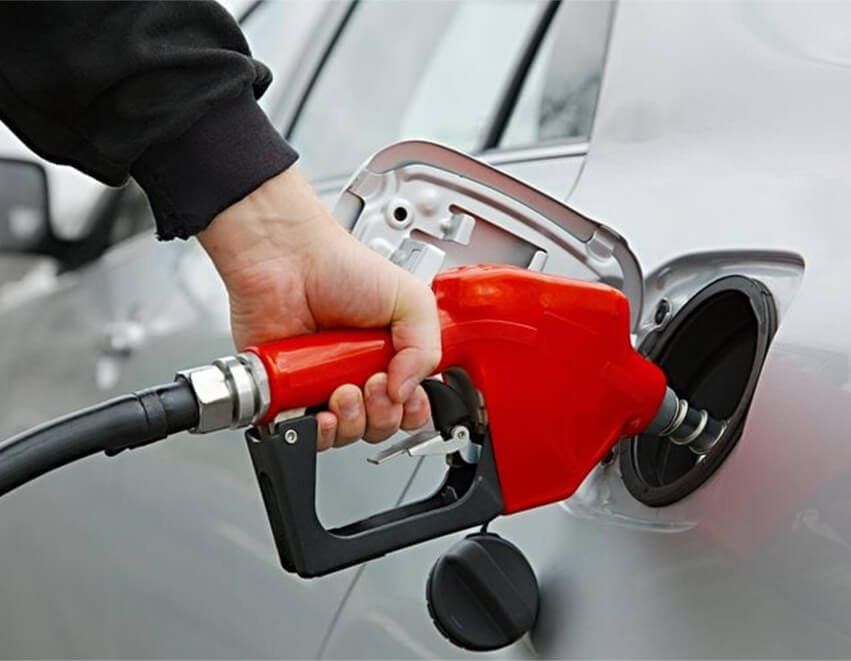Find out how lubrication pumps provide precise lubricant delivery to industrial machinery, improving reliability and efficiency. Key benefits and applications explained.
Lubrication pumps supply vital oil or grease to mechanical equipment to prevent wear and friction. They automate manual lubricating processes for safety, accuracy, and labor savings. Let’s explore the major benefits lubrication pumps offer across industrial settings.
Lubrication pumps function as a protective barrier between surfaces in relative motion. By maintaining a precise film thickness of oil or grease between components like bearings, gears, and joints, they prevent direct contact between parts.
This oil film carries away frictional heat, provides smooth and quiet operation, and reduces wear rates substantially compared to unlubricated mechanisms. Metering out exact volumes on a timed basis ensures this vital separation layer remains intact. Manual lubrication simply cannot offer the same level of precision and consistency.
Here are a few key benefits of a lubrication pump:
Lube pumps minimize lubricant waste by dispensing exact amounts. They also reduce manpower expenses and extend equipment lifespan by preventing inadequate or excessive lubrication. This optimizes consumption and maximizes service intervals for significantly lower costs.
Automated pumps eliminate the need to manually travel to each lubrication point. Centralized systems with timer controls feed multiple locations unattended. This frees up maintenance teams for other critical tasks. Their time is used more effectively.
Even with training, manually lubricating moving parts consistently is challenging. Pumps reliably deliver a precise lubricant quantity on an exact schedule every time instead. Machines get the right lubricant in the right amount automatically.
Insufficient or irregular lubrication causes equipment failure from excessive wear and heat. Automated pumps eliminate human error and distractions for more uptime. Alerts also notify when reservoirs need refilling.
Lube pumps reduce workplace accidents by minimizing direct contact with hazardous lubricants and proximity to operating equipment during manual greasing. Fewer slips, falls, and equipment interactions make for safer working conditions.
Lubrication pumps can be used in numerous sectors for various applications. Some of these applications include:
Lubrication pumps automate the vital task of regularly supplying precise lubricant amounts to critical components. Workers avoid hazardous manual greasing, while machinery gets the exact lubricant needed right on schedule for lower wear rates, longer life, and significant cost savings through optimized consumption and uptime.
With several pump variants, Aocheng Group provides customized lubrication pumps for any industry application – from massive mining excavators to precise robotic assembly equipment. Contact our engineering team to implement automated lubrication superior to manual methods in every performance metric.




